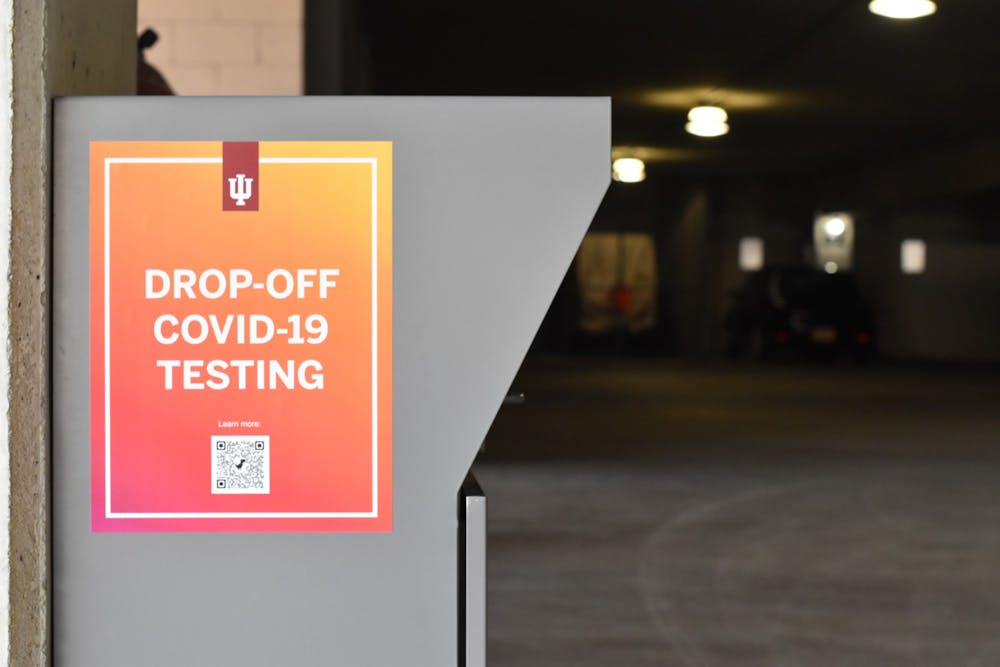A new research study co-authored by Kate Christensen, assistant IU professor at the Kelley School of Business, and other academics at the University of California, Los Angeles, found when COVID-19 testing wasn’t available in local communities, participants in the study were more likely to engage in risky behavior despite being told to self-isolate.
“If you're told to self-isolate, if you don't have an available test, and you don't have a positive test result, you're less likely to self-isolate,” Christensen said.
The study found that when someone is told to self-isolate and has a negative COVID-19 test, they are 39% more likely to engage in risky behaviors.
Researchers asked 1,194 people about various hypothetical testing situations to evaluate their impact on risky behavioral intentions in those believed to have COVID-19, according to a News at IU article. The researchers used a platform created by Amazon called Amazon Mechanical Turk, which pays people to take surveys.
“At the beginning, we were really interested in the value of a positive test,” Christensen said. “By the end of the project, what seemed maybe more relevant was what a negative test means.”
Related: [IU announces masks will be optional starting March 4]
All subjects were told to imagine they had expected symptoms of COVID-19, like a fever and a cough, and then their doctor told them to self-isolate. Subjects were asked how likely they were to engage in behaviors that the Centers for Disease Control and Prevention advised against or other public activities.
The study had a pre-survey which ensured participants were above the age of 18, lived in the U.S. and were not just clicking through the survey, fourth year UCLA medical student and co-author Justin Zhang said.
“If you are just clicking through the survey without putting any thought to it, you might possibly get that question incorrect,” Zhang said.
Researchers also asked participants in the survey about the likelihood of them attending a protest or going to vote in person in this hypothetical scenario where they are presumed to have COVID-19.
“We found that people who identified as Democrats were less likely to engage in what we define as quote unquote, risky behavior compared to their Republican counterparts,” Zhang said.
Researchers also found those who identify as Republicans were significantly more likely to engage in in-person voting than those who identify as Democrats. This finding was then corroborated by in-person voting turnouts in the 2020 national election.
Related: [Indiana Department of Health announces changes in COVID-19 procedures for schools, state operations]
Zhang said the study suggests when a person has evidence of a COVID-19 diagnosis, such as from a diagnostic test, it does result in significant changes in behavioral intentions.
“Regardless of whether you were in the testing, unavailable group, the doctor that you saw nonetheless, clinically diagnosed you with COVID and told you that you should self isolate,” Zhang said.
At IU, symptomatic testing capabilities are essentially unlimited, IU Chief Health Officer Dr. Aaron Carroll said.
“We want to make sure that everybody has real great access when they are symptomatic, but they also have the chance to get a test anytime that they're concerned, or feel it might improve their safety,” Carroll said.




